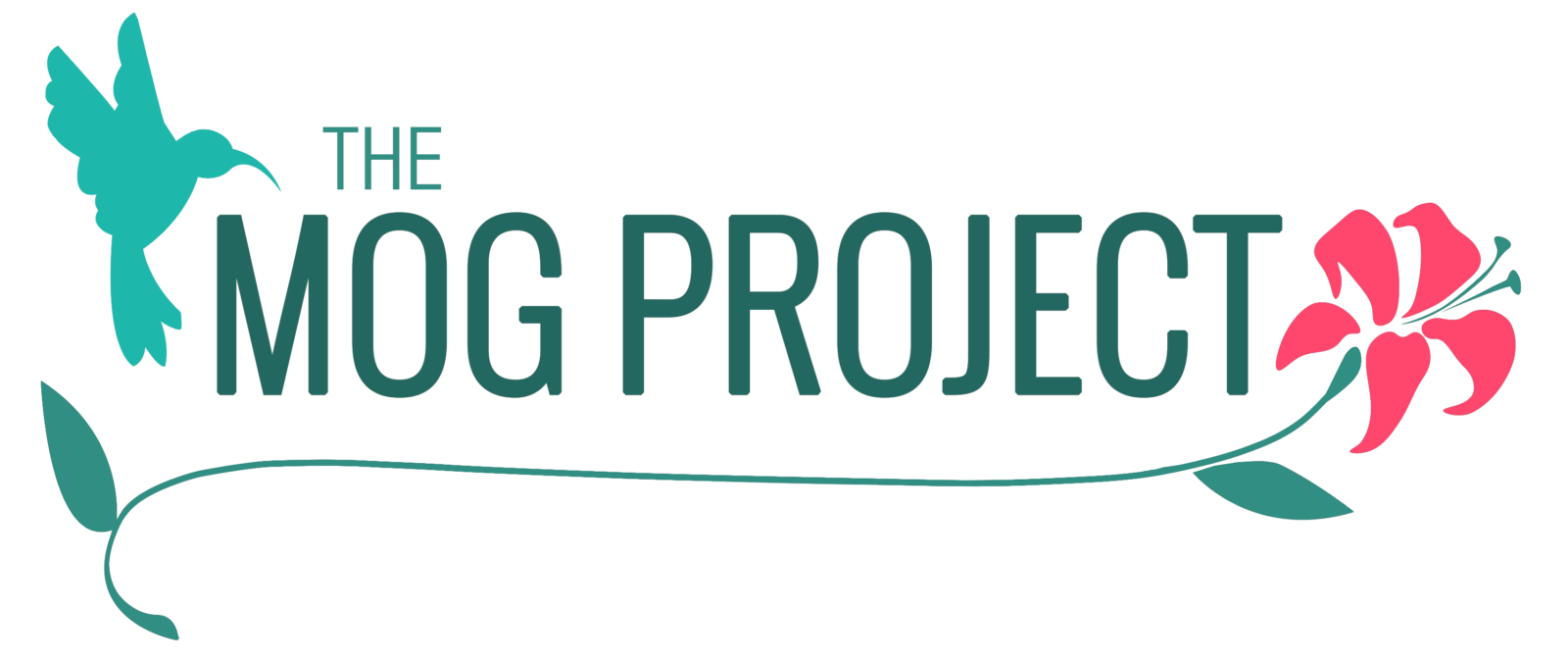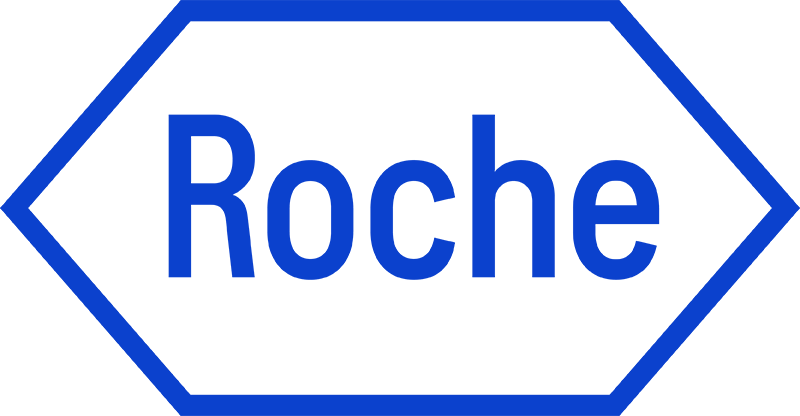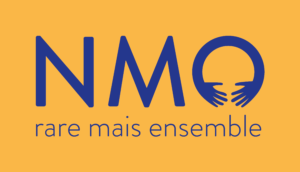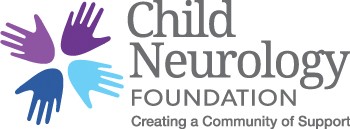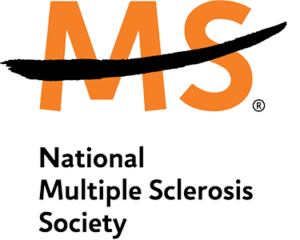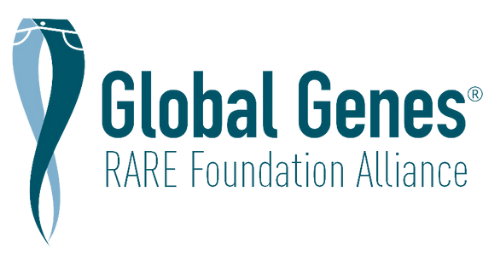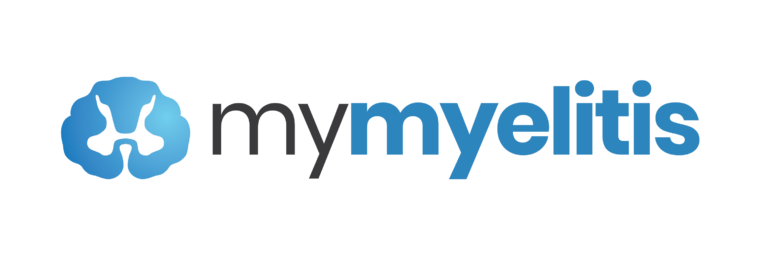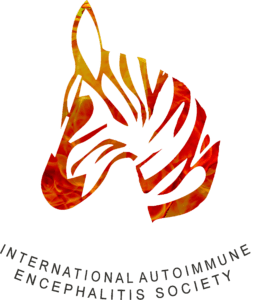Educate
We have a full suite of really helpful educational materials of all media types for patients, caregivers and medical professionals backed by leading experts in MOGAD
Connect
Find others with MOGAD and stay connected through our email list as well as our zoom-based small group and social media support groups
Donate
Help us with our mission through a one-time or recurring donation
What is MOG Antibody Disease?
Myelin Oligodendrocyte Glycoprotein Antibody Disease (MOG Antibody Disease or MOGAD) is a neuroimmune disorder that causes inflammation primarily in the optic nerve but can also affect the spinal cord and brain. MOG is a protein located on the surface of myelin sheaths in the central nervous system. MOGAD is diagnosed through a test that looks for the level of MOG antibodies in the blood. The test should be given to any patient who has an inflammatory attack of the central nervous system. Because of the rare nature of the disorder, it is often misdiagnosed or not diagnosed at all.
Who we are
We are the preeminent 501(c)3 organization solely devoted to globally advocating for patients of Myelin Oligodendrocyte Glycoprotein Antibody Disease (MOGAD).
Our Mission
The MOG Project is devoted to raising awareness, educating doctors, patients and caregivers, advancing research through expert collaboration and fundraising, and providing support and advocacy for our community in hopes of finding a cure.
The Story Behind The Hummingbird
When the live cell-based assay for the MOG antibody was developed in 2017, we were the first to bring the community together in an organized fashion in what is now our Facebook Support Group, MOG Antibody / Anti MOG Support and Info. The MOGAD Community had a great desire to pick a mascot that represented them in order to stand in solidarity against this horrible disease. We all agreed that the hummingbird was that symbol.
For one thing, the colors of the ruby-throated hummingbird are teal and ruby rose. We often lose the ability to see red and blue when we get optic neuritis (ON). The blue is a component of the teal color of the hummingbird. The other part of teal is green which is the color representative of the NMOSD community, especially those tied to the Guthy Jackson Charitable Foundation. MOGAD was once thought to be a variant of NMOSD as it shares many symptoms.
But the personality and size of the hummingbird are the most important characteristics that tie this small bird to the MOGAD Community. Despite being small, hummingbirds, like us, are fierce fighters, and exhibit strength, stamina, courage, tenacity, resilience, and a warrior spirit when faced with adversity. They are intelligent and beautiful and symbolize devotion and love as well as good luck.
Our Financial Contributions to Furthering MOGAD Research
Our Research for Rare Grants Program is designed to hit the hottest topics in MOGAD. With a grant selection process backed by members of our Scientific Council and other unbiased members of the neuroimmunology community who have expertise in MOGAD, we are able to use our funds in the most impactful way possible.
Through grants from The MOG Project, we are proud to have been a major contributor to collaborative meetings where researchers and clinicians gather to discuss their latest research on MOGAD. The importance of these gatherings like the 2023 MOGAD Summit hosted by Dr. Michael Levy has made a huge impact by getting the world’s experts in MOGAD on the same page concerning diagnosis and disease management.
Strength ♦ Resilience ♦ Courage ♦ Hope
Support our Fight against MOGAD
Determination ♦ Flexibility ♦ Adaptability
Our sponsors and partners share our mission, finding power in numbers to create a larger voice of shared experience so that we all can achieve better care for MOGAD and all other rare neuroimmune conditions.
Sponsor or partner with us and let’s work toward a cure for MOGAD together
Our Corporate Sponsors
QuestionPro’s survey software plays a major role in helping us keep in touch with our MOGAD Community, volunteers, donors and other affiliates. Surveying them has helped strengthen our relationship.
